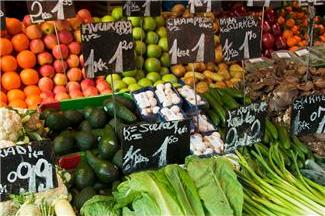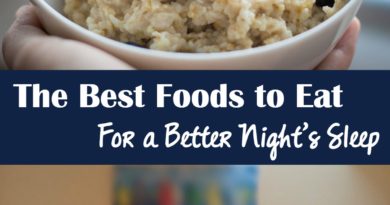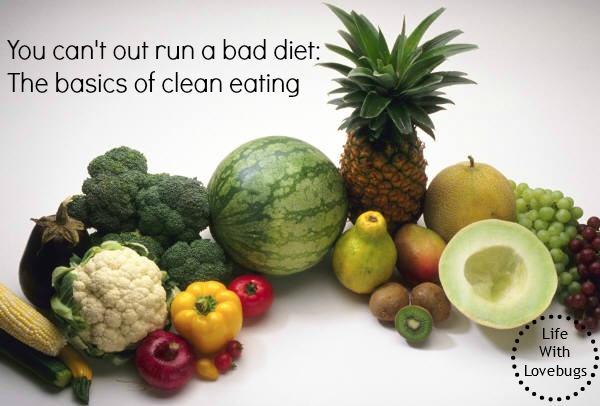15 Superfoods $20 and Under
Eating healthy does not have to cost the whole pay check! Fruits, vegetables, and whole foods in general are pricey and when you are trying to feed a family of four on a budget, choosing nutrient dense foods without draining your wallet may seem difficult. Where are the coupons for healthy, fresh good-for-you foods? Guess what? Some of the healthiest foods in the world are quite affordable. Cheap, even. From veggies to whole grains and everywhere in between, the following list highlights the best superfoods available in a typical grocery store or at your local farmer’s market. The best part is that you can purchase all of these for under $20!

15 SUPERFOODS for Under $20
1. Kale
At just over a dollar a bunch, kale is a member of the dark, leafy greens group. It’s loaded with manganese, iron, copper, fiber, vitamin E, vitamin C, vitamin B, beta carotene, as well as calcium. Want to relieve depression? Eat kale. Just one portion of kale is only 36 calories but it provides a massive 192% of your daily vitamin A needs. Kale also encourages the liver to produce enzymes that detoxify cancer causing chemicals, especially those connected to chemically-induced breast cancer and colon cancer.
2. Broccoli
This low cost, low carbohydrate cruciferous vegetable has it all. Cruciferous vegetables are known for a compound that neutralizes toxins in the liver, helps cleanse the system, builds the immune system, repairs DNA cell damage, and contains high levels of cancer fighting antioxidants. Eating steamed broccoli reduces the risk of a heart attack by boosting the body’s ability to fight off cell damage.
3. Winter Squash
Winter squash is only a few dollars a pound and when compared to the summer squash variety, it’s much better for you. They’re a good source of carotenoids, a key antioxidant, vitamin B6, which is important for the nervous, and immune system, as well as folate for heart and pregnancy health.
4. Sweet Potatoes
Sweet, savory, and downright delicious, nothing beats this winter staple. Sweet potatoes are high in beta-carotene, vitamin A, vitamin B6 and vitamin C; fiber, thiamine, niacin, potassium and copper. They have twice the recommended daily allowance of vitamin A, 42 percent of the recommendation for vitamin C, four times the RDA for beta carotene, and, when eaten with the skin, sweet potatoes have more fiber than oatmeal. All these benefits with only about 130 to 160 calories!
5. Cabbage
Cabbage is cheap and just like broccoli, it’s a cruciferous super veggie, filled with cancer fighting antioxidants and contributes to DNA and cell damage repair.
6. Apples
Sweet, tangy, crunchy, and low in calories, apples have fiber and tons of phytochemicals or antioxidants that serve to fight free radicals in the body that cause disease and aging. They are portable and can be taken anywhere for a quick and healthy snack.
Apples are also a great source of both soluble and insoluble fiber. Soluble fiber such as pectin actually helps to prevent cholesterol buildup in the lining of blood vessel walls, thus reducing the incident of arteriosclerosis and heart disease. The insoluble fiber provides bulk in the intestinal tract, holding water to cleanse and move food quickly through the digestive system.
7. Quinoa
At around $1 (US) a pound, quinoa is cheap and nutrient dense. Quinoa is a complete protein, gluten free and can substitute for less sustainable proteins. Compared to other grains, quinoa is higher in calcium, phosphorus, magnesium, potassium, iron, copper, manganese, zinc and protein.
8. Brown Basmati Rice
Rice is one of the most popular and least expensive foods in the world. At just a few dollars a pound, a little goes a long way. Brown basmati rice is an excellent source of manganese and a good source of the minerals selenium and magnesium.
9. Barley
Barley is one of the heartiest and healthiest grains out there. Barley is rich in manganese, selenium, phosphorus, copper, magnesium, iron, zinc, potassium and fiber. It protects against intestine disease and helps lower cholesterol.
10. Adzuki Beans
Beans are one of the least expensive protein sources. In fact, these little guys contain some of the highest levels of protein and the lowest levels of fat of any variety of beans. They also contain high levels of potassium, fiber, B vitamins, iron, zinc, and manganese.
11. Black Beans
Black beans are a good source of folate, dietary fiber, manganese, protein, magnesium, vitamin B1 (thiamin), phosphorus, and iron. They support the digestive tract and colon. They are chock filled with phytonutrients and flavonoids that help to fight cancer, boost the immune system, protect the blood, and combat inflammation.
12. Flaxseed
Flaxseeds are rich in alpha linolenic acid (ALA), an omega-3 fat that is a precursor to the form of omega-3. Omega 3 fatty acids are an ever important building block nutrient that (like B12); the body cannot produce on its own. Flaxseeds are a great anti-inflammatory food. The most popular sources of omega 3 include fish and flaxseed.
13. Sunflower Seeds
Sunflower seeds are one of the least expensive seeds that people can buy in bulk and very good for the body as well! Sunflower seeds have significant amounts of magnesium, selenium have 76 percent of the RDA for vitamin E. They neutralize free radicals, are anti-inflammatory, have great cardiovascular benefits, lower cholesterol, and help calm nerves, blood vessels and muscles.
14. Sesame Seeds
Great for sprinkling on all your favorite Asian dishes, for a nice nutty treat. A little goes a long way with this one, so you would not need a whole lot to absorb the benefits. Sesame seeds are rich in calcium, magnesium, iron, phosphorus, copper, vitamin B1, zinc, fiber, and supports vascular and respiratory health. These little seeds also protect the liver from oxidative damage, have great cholesterol-lowering effect in humans, and prevent high blood pressure and increase vitamin E supplies in animals.
15. Almonds
It’s time to start eating these delectable little smart nuts! Almonds are great for heart health and loaded with vitamin E, a natural antioxidant that keeps people from aging, fiber, riboflavin, magnesium, iron, and calcium. Most of the fat in almonds is monounsaturated fat, which can help lower cholesterol levels when substituted for other fats. Most almonds are considered low sodium, with less than 140 milligrams of sodium an ounce. Try almond butter on toast, in oatmeal, on apples, carrots or celery for a delicious snack!
Dr. Nancy Lin DeGreogori, Ph.D.



